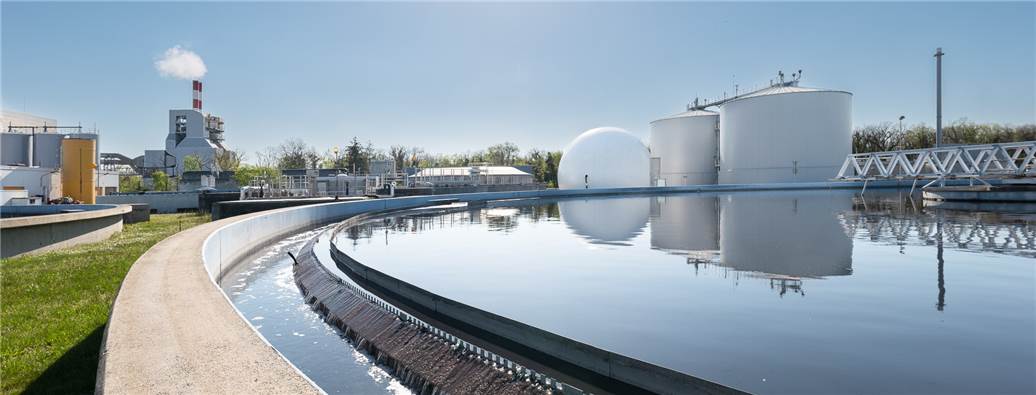Transform sewage sludge into energy or recoverable material to decarbonise
The recovery of sewage sludge plays an essential role in the management of resources and the preservation of the environment. It is governed by strict regulations. Thanks to material and energy recovery, this organic waste from the treatment of urban and industrial waste water becomes a new resource.
As local authorities or operators in charge of sanitation, you are faced with the need to manage the sludge from the treatment process on urban wastewater treatment plants. With a global range of solutions, some mature, others more innovative, we support you in this environmental, health and economic challenge in order to define the most suitable treatment system for your wastewater treatment plant, the quality of your sludge and your territory.
Experts in the management and recovery of sewage sludge from wastewater treatment plants, we have treatment solutions and continuously invest in the research and development of new technologies to reduce quantities (thickening, dewatering, drying, methanisation, incineration), to produce renewable energy (biogas and other renewable gases, renewable heat), to extract fertilisers from sewage sludge (such as nitrogen and phosphorus) or to transform the sludge into high value-added organic matter such as composts, biocoal or other more innovative processes to recover sewage sludge in the form of biochar. Biochar, a material with very promising environmental benefits, has been identified as one of the 5 negative emissions solutions by the United Nations Intergovernmental Panel on Climate Change (IPCC) to curb global warming and contribute to the achievement of the environmental objectives of carbon neutrality set by the Paris Agreement.
We support you in defining the most relevant treatment and recovery sector according to each type of sewage sludge produced, the context of each wastewater treatment plant, taking into account your challenges, and the regulatory context of each country and territory.
Treating sludge
Transforming sludge into fertilising organic matter
Sewage sludge from wastewater treatment plants is organic matter rich in nitrogen and phosphorus. When their quality allows it, they can be used as fertilising organic matter as a substitute for chemical fertilisers, which is then referred to as material recovery. This sewage sludge can be recycled directly on the soil or transformed into high-quality compost. They contribute to the promotion of more sustainable agriculture.
Farmers, local authorities, we support you in the implementation of agricultural development solutions, in particular technical advice, feasibility study and monitoring of spreading operations. We ensure rigorous quality control of the sludge before it is recycled, to control the risks. They are analysed to verify their compliance with regulatory standards, guaranteeing safety for the environment and health.

Turning sludge into fuel
As an alternative to direct land application or composting, sewage sludge can be recovered in combustion processes, such as sludge incineration plants built directly on the wastewater treatment plant or regional plants in co-incineration with other waste or in cement plants as a substitute for fossil fuels.
Each of our solutions aims to make sewage sludge from wastewater treatment plants a high value-added material that contributes to reducing greenhouse gas emissions in your territory, promoting the energy transition to cleaner energy sources and promoting the circular economy in the water treatment and agriculture sector. Sewage sludge recovery is an essential practice to meet growing environmental and economic challenges. We support you with innovative solutions to effectively meet your sludge management needs, and more generally, throughout the urban and industrial wastewater treatment cycle.
Frequently Asked Questions
Thanks to our solutions for the treatment and recovery of organic waste such as sewage sludge from wastewater treatment plants, we are able to help you find the most suitable sector for your context and environment (material recovery, spreading, energy recovery, etc.).
Sewage sludge from wastewater treatment plants has a waste status. As such, their management and development are governed by strict regulations specific to each country.
In order to rule out the presence of pollutants, sewage sludge must be analysed regularly to check its compliance in terms of heavy metals, pathogens and organic pollutants. In addition, the application must comply with the maximum authorised doses and the prohibition periods to prevent the risk to the environment and health.

